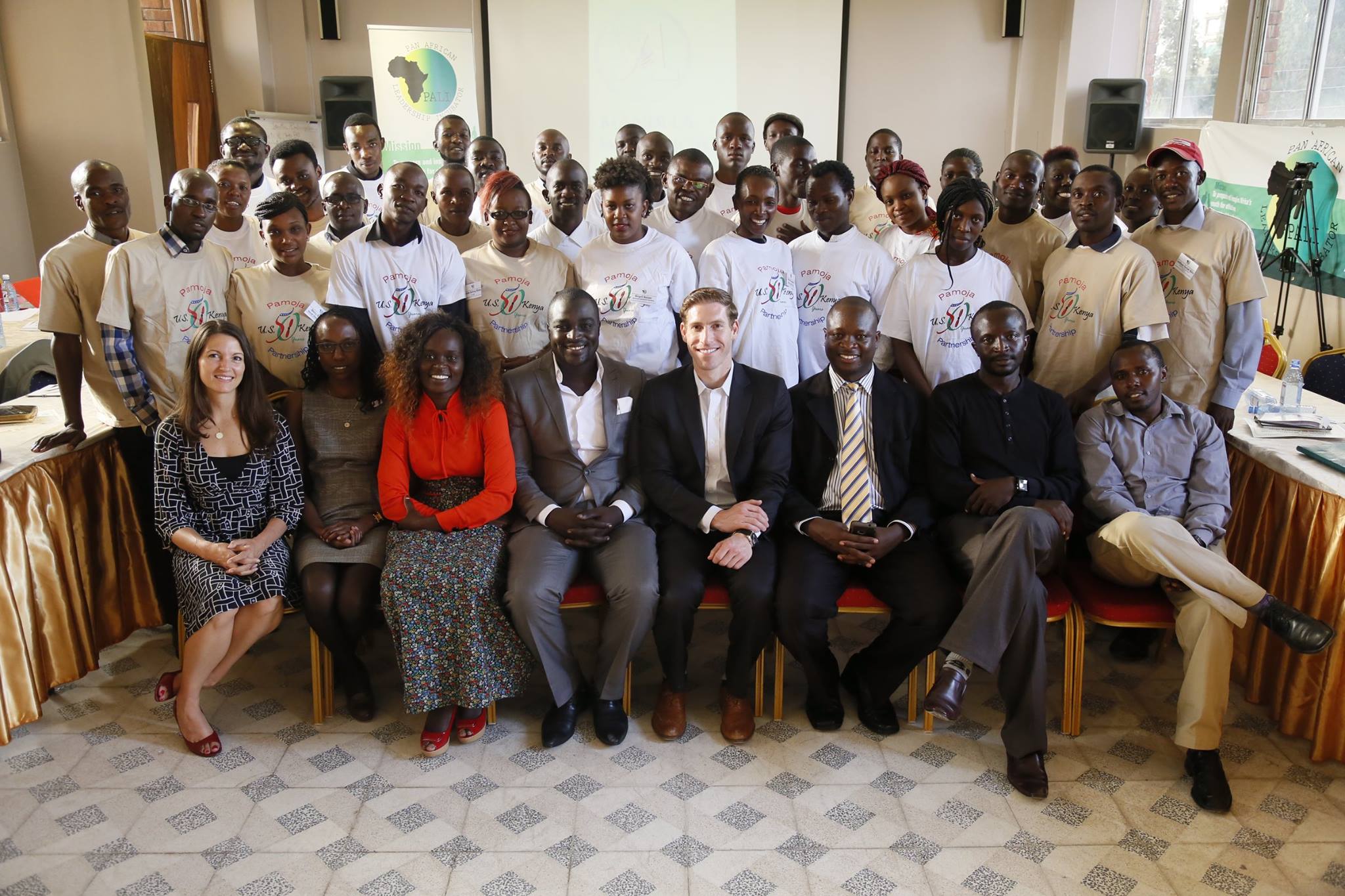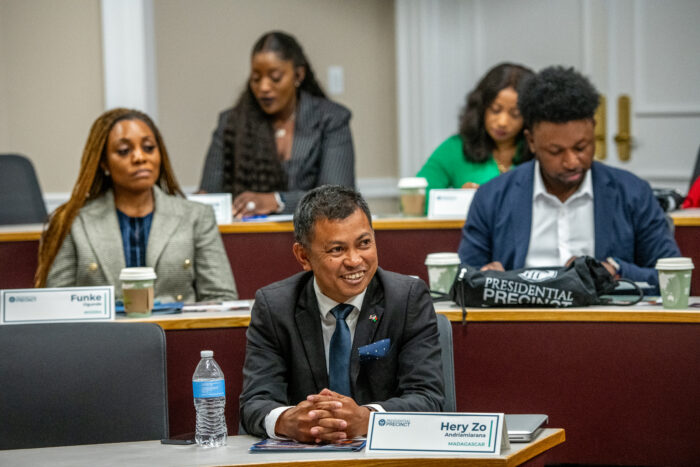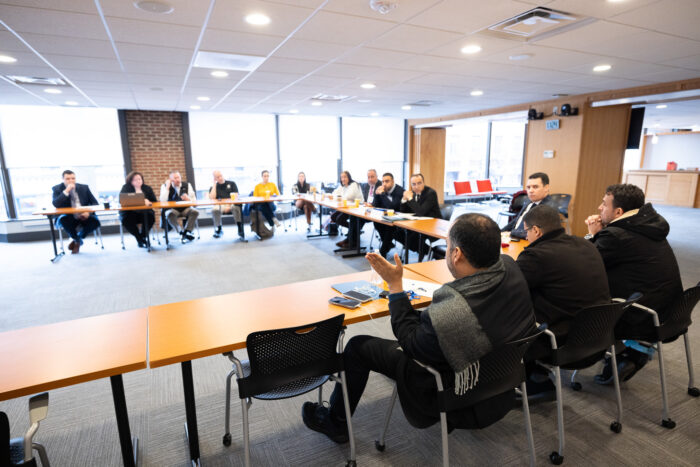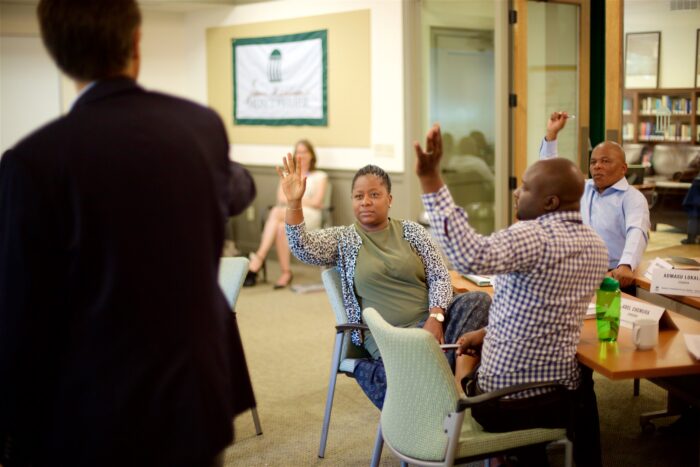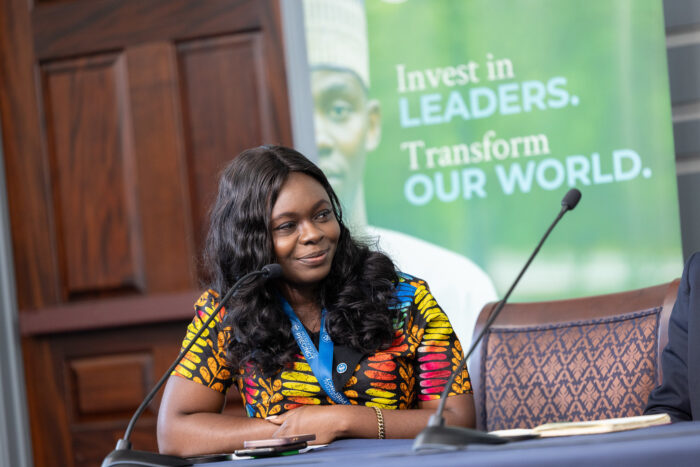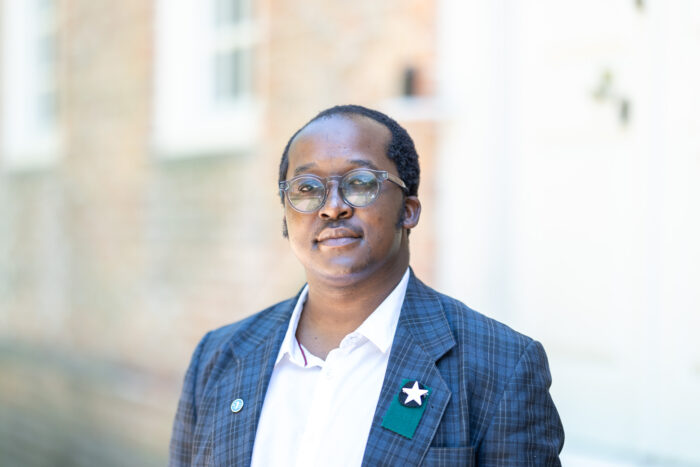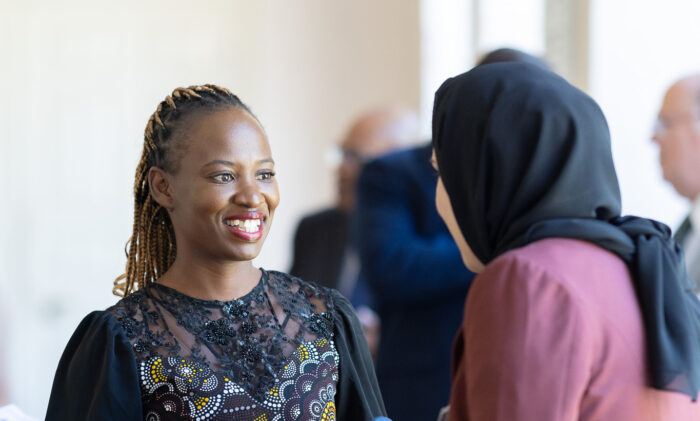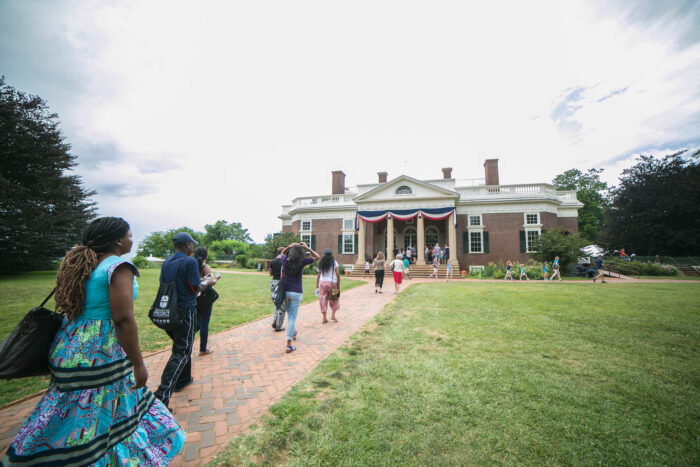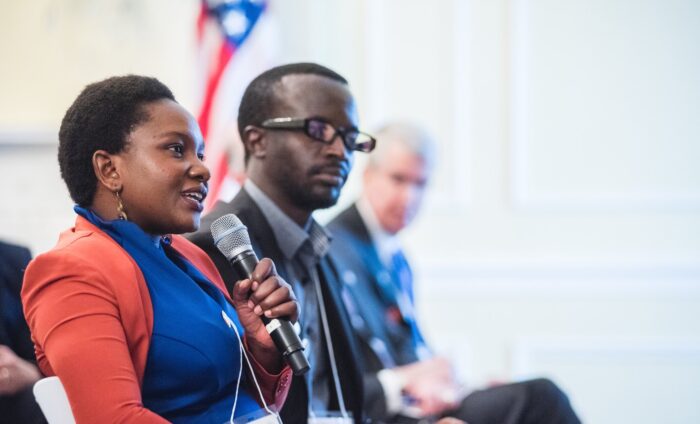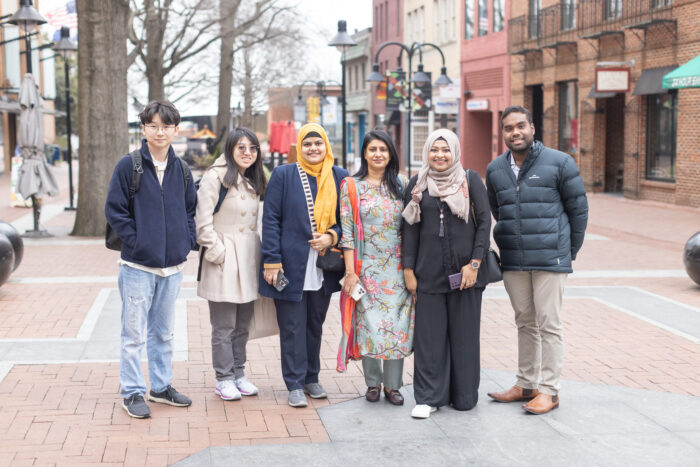Pan African Leadership Incubator Launches Youth Leadership Training and Mentorship Workshops
The inaugural Pan African Leadership Incubator (PALI) Youth Leadership Training and Mentorship Workshop, sponsored by the U.S Embassy Kenya was held in Nairobi, Kenya on April 16, 2015. PALI was conceptualized by young leaders from across Africa who participated in the Presidential Precinct’s 2014 Mandela Washington Fellowship, the flagship program of President Obama’s Young African Leaders Initiative (YALI).
PALI has been developed by over 10 Fellows from across Africa who believe in the development of Africa’s ethical and effective leadership. The Incubator, meant to provide training and promote interaction among young people from different political inclinations, is a non-profit being piloted in Kenya and Zambia and, with time and enough resources will spread to the other nations in the African Continent. PALI seeks to mentor young current and aspiring leaders with skills, knowledge and networks that will make them effective and ethical leaders.
The key speaker in the workshop was Andrew Rabens, the Special Advisor for Global Youth Issues at the U.S. Department of State in the Office of the Under Secretary for Public Diplomacy and Public Affairs, who focuses on youth initiatives, policy, and outreach to young leaders from around the globe. He leads State Department efforts to help the U.S. Government better engage young people internationally to tackle the pressing challenges of today while also building greater global connectivity and networks for the future. Other speakers were founding members and Mandela Washington Fellows Jacob Ouma, Anna Musandu, Duncan Mikae, Didas Mzirai, Lydia Munikah, and Charles Maina who facilitated interactive sessions.
40 delegates were selected and graduated from the PALI workshop. One third of the participants were female after 90% of all the female applicants were admitted; 18% were People Living With Disabilities as all the applications that we received in that category were admitted and assigned sign language interpreters; and 13% of the participants had contested in the 2013 General Elections for Civic, Parliamentary and Senatorial Deputy Speaker seats. 100% are currently youth leaders and 60% aspire to contest in the next elections. Five political parties and 30 youth groups were represented at the workshop. 100% admitted that they indeed needed the training to be more effective in running their youth groups, companies and pursuing their political aspirations. ‘We envision to spread our trainings across the counties and continent in the next 18 months to train at least 5,000 youth leaders,’ says Jacob Ouma, the co-founder of PALI.
Among the topics covered in the one-day workshop were Youth Participation in Politics and Policy Making, Entrepreneurial Culture, Personal Branding in Leadership, Negotiation and Consensus Building Process and Countering Religious extremism. Participants were engaged in lectures, presentations, group activities, close group sessions with facilitators and plenary sessions with the moderators of the sessions.
PALI is one of the huge success stories from Mandela Washington Fellowship as it is a product of the fellowship that was created to address the leadership inadequacies in Africa through identify potential and actual young leaders while preparing them for ethical and effective leadership through mentoring and training. The Incubator has generated interest from across the continent, with social media following hitting 1000 ‘likes’ on Facebook in just less than 4 days.
This can be attributed to the fact that all the incubators established recently are solely targeting businessmen and ignore youth and women. ‘Since the conclusion of this workshop, we have received inquiries from many aspiring young leaders from Uganda, Zambia, Zimbabwe, Angola, and Kenya requesting similar trainings to be conducted in their regions,’ says Jacob Ouma.
PALI envisions a better-governed Africa in which young women and men participate in making key political and policy decisions. ‘We hope to secure partnerships and donors that will enable us to advance the trainings to many regions in hopes of building a movement of empowered youth, equipped to take up leadership roles in their communities and countries while actively participating in policy making. PALI aims to provide a linkage between the strengths of the various organizations geared towards youth empowerment in Africa by adopting the strengths of all these institutions into our programs and use them to develop courses to train young aspiring and current statesmen and youth leaders. This will avoid the trouble of subjecting the youth to various separate programs which if merged into one course would add more value to participants,’ says Jacob Ouma, the Director of PALI.
PALI is a continental membership-based Incubator whose membership is open to young persons who are willing to commit to the aims and vision of the Incubator regardless of their gender, race, religion, physical abilities or inabilities. The main interest groups are young people, organizations, trusts, entities or bodies of persons or firm that are involved with the promotion of leadership, business skills, ethics and good governance. The organization seeks to embrace inclusion in decision making to shape its future, including its programs and initiatives.

